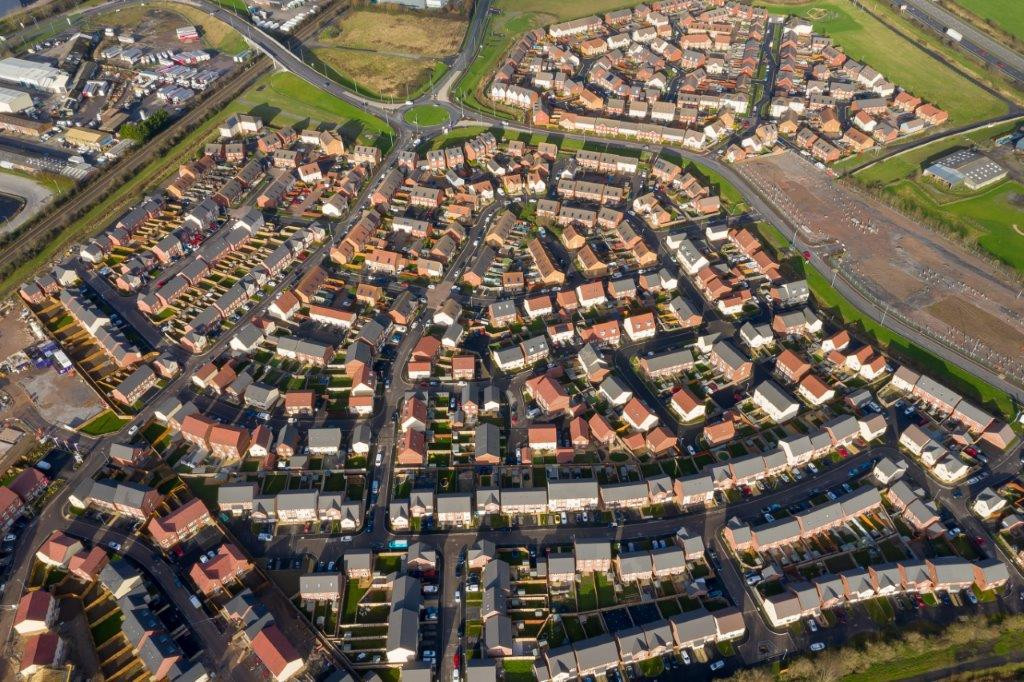In the ever-evolving landscape of residential real estate, significant shifts are underway, driven by technological advancements, changing consumer preferences, and innovative business models. Three key concepts are currently shaping the future of the industry: the transformation of sales approaches, the role of agents and brokers in emotional transactions, and the rising popularity of property auctions.
Transformation of Residential Sales:
There is a growing demand for transparency and flexibility in pricing structures, as well as increased competition from alternative models in this sector. One such disruptor is the emergence of artificial intelligence (AI) platforms, exemplified by the launch of Claire by reAlpha Realty LLC in Florida USA.
While this poses a threat to the traditional agent model, it also presents opportunities for greater efficiency, cost savings, and accessibility for consumers.
The Role of Agents and Brokers in Emotional Transactions:
Despite the rise of AI-driven platforms, leading residential real estate agents and brokers emphasize the enduring necessity of their role in emotionally charged transactions. Buying or selling a home is not just a financial transaction but a deeply personal and often stressful experience for individuals and families. Agents and brokers bring empathy, expertise, and a human touch to the process, helping clients navigate complex decisions and negotiate with confidence.
In the face of technological disruption, agents and brokers differentiate themselves by offering tailored guidance, market expertise, and invaluable support during the highs and lows of the real estate journey. They serve as trusted advisors, advocates, and problem-solvers, bridging the gap between technology and human emotions to deliver exceptional service and outcomes for their clients.
Rise in Popularity of Property Auctions:
In an era of rapid globalization and digital connectivity, property auctions have surged in popularity as a dynamic and efficient method of buying and selling real estate. This trend is becoming more and more popular in the residential real estate markets and sales by auction of non-distressed properties are rising. Auctions offer a transparent and competitive environment where buyers and sellers can converge at the meeting point of the highest bid and the seller's acceptance, resulting in swift transactions and fair market value.
Driven by factors such as increased access to information, changing market dynamics, and the desire for expedited sales, property auctions have become a preferred choice for both traditional homeowners and institutional investors alike. Auction platforms leverage technology to reach a wider audience, facilitate bidding processes, and ensure transparency and compliance with regulations.
In conclusion, the future of residential real estate is being shaped by transformative forces such as evolving sales commissions, the role of agents and brokers in emotional transactions, and the rise in popularity of property auctions.
While technological advancements and alternative business models pose challenges to traditional practices, they also present opportunities for innovation, efficiency, and improved customer experiences in the dynamic world of real estate. As the industry continues to adapt and evolve, one thing remains certain: the human element will always be at the heart of the home-buying and selling journey.


